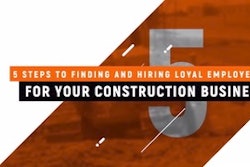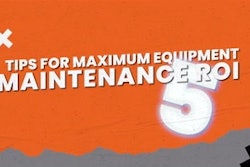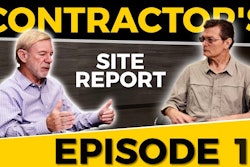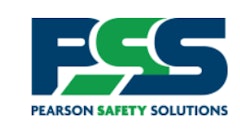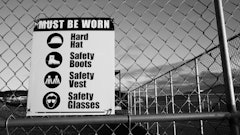Ballmann Earthworks owner/operator Jon Ballmann started his St. Louis, Missouri-area business in his 20s, and his rise to success was paved with great ideas that were also well-executed. Ballmann goes beyond the obvious and shares the details of how he built out a business that:
Tip 1: Be Full of Manure
Ballmann started small with his company and quickly learned to put customer needs first.
“We did a lot of yard jobs just being with a skid loader. And I had a small single axle dump truck, you know, hauling dirt in and grading some yards. We had one instance where we graded this yard one time, and it looked great. The grass came up, but (the customer) had dogs, and he turned his dogs loose on a brand-new lawn immediately. The dogs ruined to the yard,” he recalls
Sometimes putting the customer first requires some uncomfortable honesty, as in the case of the customer with the dogs.
“He called and said, ‘John, I just don't know what happened. I said, ‘Well, you let your dogs run on it.’ He said ‘No… not much.’ I said, ‘Well, I've got pictures.’ So he asked what does it take to make it look like a golf course? I said, ‘How about a load of manure? Then we're going to bring two more loads of topsoil, and we'll mix that in.’”
The smelly solution “came up pristine. He was the happiest guy ever. He's still referring customers to this day.”
Tip 2: Be Tech-Savvy
In 2012, Ballmann purchased a 50,000-pound CAT 321 Excavator and a CAT D6N dozer. It wasn’t enough.
“At that point, we added GPS, and the world just opened. We had some customers call, and they saw that we were growing and had this equipment. And then when we added the technology concept to it, people learned that they weren't paying nearly as much for staking. We were taking care of ourselves on the job,” he says. “I feel like the skies opened.”
Using GPS technology convinced customers that Ballmann was the best contractor for the job. He started learning about it in 2006 and today uses GPS on skid steers, excavators, scraper tractors and dozers.
“They may have paid $30,000 to a civil engineer to draw these plans. And when they learned that we could plug that into our equipment, we would load our equipment and see right away what we were doing. They quickly realized that they were not paying their surveyors as much. The customers have seen the efficiencies with that and really let us run with it.”
Tip 3: Don’t Grow Too Fast
Ballmann says growth is a goal he has for his company—but it’s smart growth he wants. For him that sweet spot is 5-10% growth.
“We keep pricing in line and hopefully revenue grows to keep up with fuel pricing. I’ve seen too many competitors grow too fast and go away very quickly.”
The biggest risk Ballmann sees? Growth coming at the expense of customer service.
“The biggest fear for me is the loss of a customer. If you grow too fast, you can load up on employees who aren’t quality employees. You can lose a customer as fast as you can gain one,” he says. “If we lose a $1 million-year customer, that could be a crucial piece of our business gone in a split second. I always tell my employees customers first. I don’t want to be the largest guy in town. I want to provide quality service and craftsmanship.”
Hear Ballmann share his surprising tips in the latest episode of Contractor's Site Report on ForConstructionPros.com.





